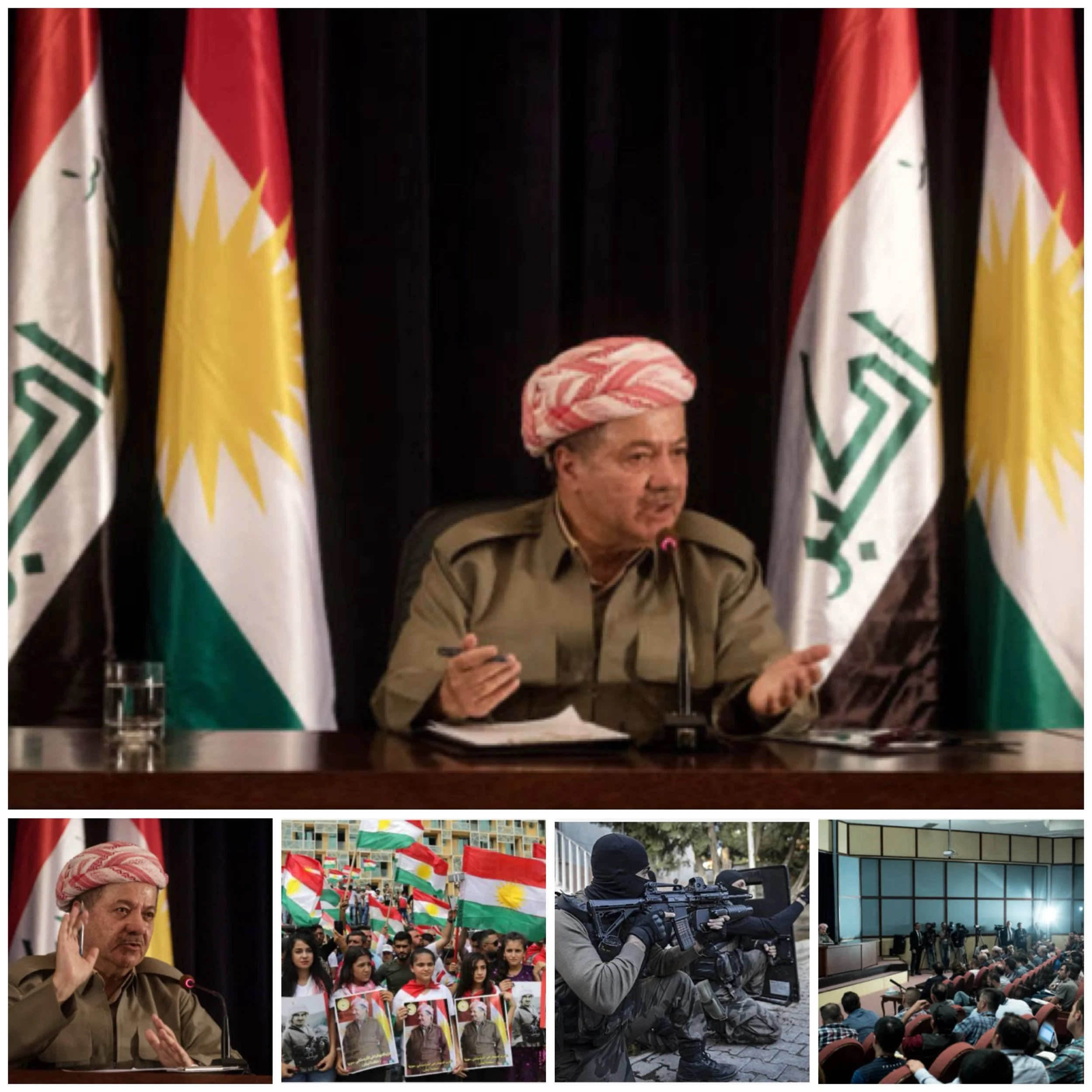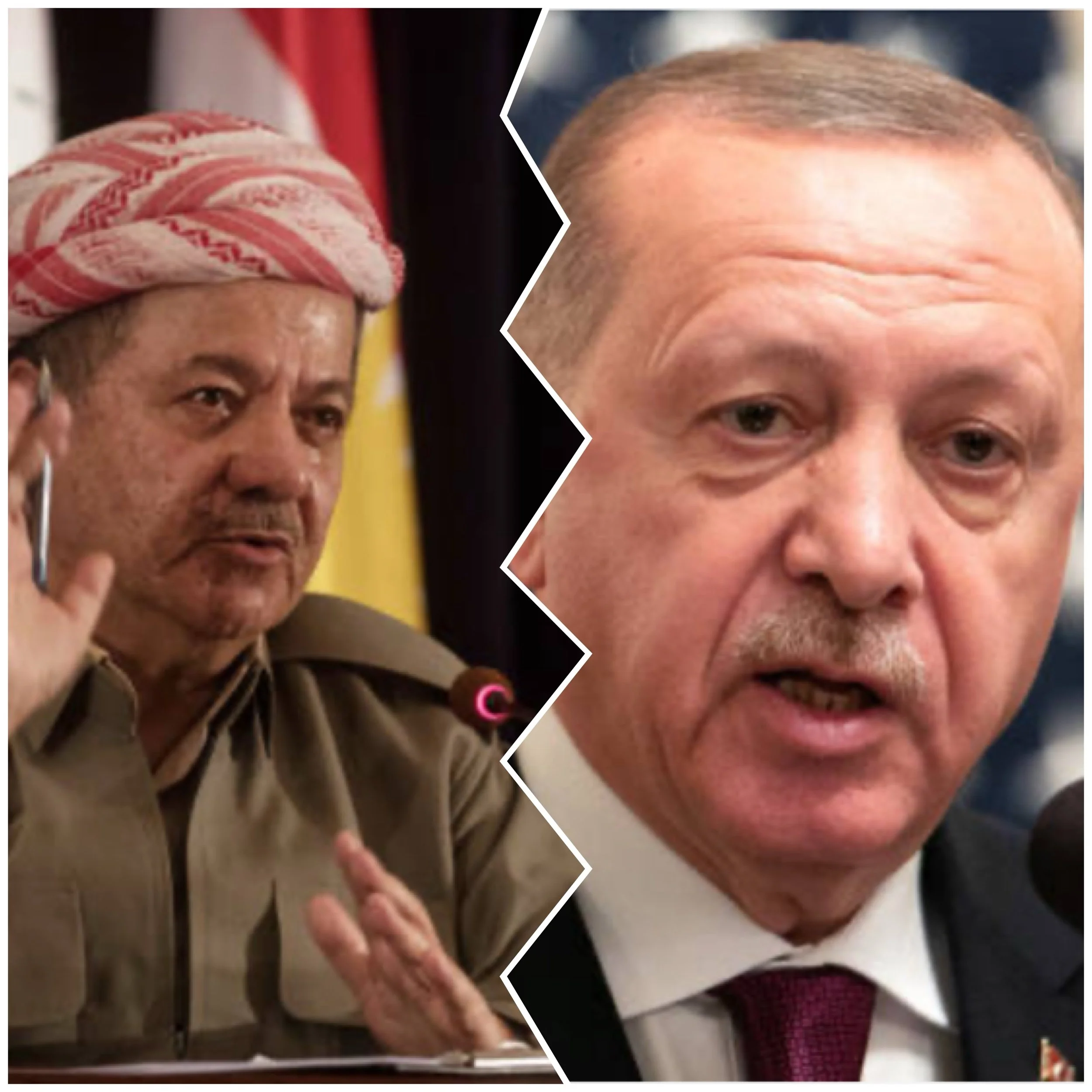Why is Turkey playing the bad guy with Kurds- History
Introduction
Turkey’s complex relationship with its Kurdish population, particularly the Kurdistan Workers’ Party (PKK) and its affiliates, has been marked by a long history of conflict, political repression, and military operations. The Turkish government, led by President Recep Tayyip Erdoğan and his Justice and Development Party (AKP), often portrays Kurdish groups as terrorist organizations threatening national security. This framing has significant implications for Turkey’s domestic policies and its military actions in neighboring regions.
Historical Context
The PKK has been engaged in an armed struggle against the Turkish state since the 1980s, initially seeking independence but later shifting its demands towards greater autonomy and cultural rights for Kurds within Turkey. The conflict has resulted in tens of thousands of deaths and widespread suffering among both Kurdish and Turkish populations. The PKK is designated as a terrorist organization by Turkey, the United States, and the European Union, which complicates international responses to Turkey’s actions against Kurdish groups.
Current Dynamics
Military Operations
Turkey has conducted extensive military operations against the PKK in both Iraq and Syria, often justifying these actions as necessary for national security. For instance, Turkey has launched numerous airstrikes targeting PKK positions in northern Iraq and Syrian Kurdish forces like the People’s Protection Units (YPG), which Turkey considers an extension of the PKK. Recent military campaigns have included operations aimed at establishing a buffer zone along Turkey’s southern border to prevent what Ankara perceives as a contiguous Kurdish autonomous region that could inspire separatist sentiments among its own Kurdish population.
Political Repression
Domestically, the Turkish government has increasingly criminalized Kurdish political movements. Many politicians affiliated with pro-Kurdish parties have faced arrest on terrorism charges, and there have been widespread crackdowns on civil society organizations advocating for Kurdish rights. This repression is often justified by the government as a response to violence attributed to the PKK or other militant groups.
Recent Incidents
The situation escalated recently following an attack attributed to the PKK on a Turkish defense company in Ankara, which resulted in several fatalities. This incident prompted swift military retaliation against suspected PKK targets in Iraq and Syria, further intensifying hostilities. The Turkish government views such attacks as evidence of the PKK’s ongoing threat and uses them to rally public support for military operations against Kurdish groups.
Political Maneuvering
Despite ongoing military actions, there have been sporadic attempts at dialogue between the Turkish government and Kurdish representatives. Notably, statements from political leaders like Devlet Bahceli of the Nationalist Movement Party (MHP) suggest a potential opening for discussions about disarmament and political recognition of Kurdish rights. However, these overtures are often undermined by violent incidents that reinforce public skepticism about negotiations.
Conclusion
Turkey’s approach to its Kurdish population is characterized by a dual strategy of military aggression and political repression, framed under the guise of combating terrorism. While there are occasional gestures towards dialogue, they are frequently overshadowed by violence and a lack of genuine commitment to addressing the underlying issues faced by Kurds in Turkey. The government’s narrative positions Kurds not just as a minority seeking rights but as a security threat, complicating any prospects for peace or reconciliation in the region.





